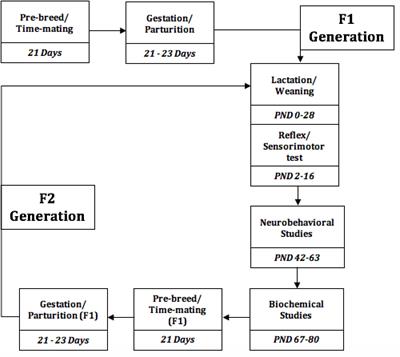ORIGINAL RESEARCH
Published on 11 Sep 2020
Dietary Exposure to Excess Saturated Fat During Early Life Alters Hippocampal Gene Expression and Increases Risk for Behavioral Disorders in Adulthood
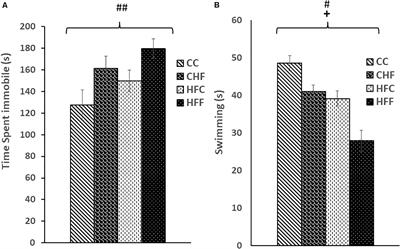
doi 10.3389/fnins.2020.527258
- 2,241 views
- 10 citations
16k
Total downloads
67k
Total views and downloads
ORIGINAL RESEARCH
Published on 11 Sep 2020

ORIGINAL RESEARCH
Published on 19 May 2020
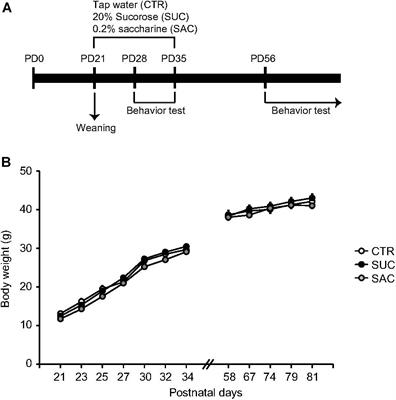
ORIGINAL RESEARCH
Published on 03 Apr 2020

REVIEW
Published on 04 Feb 2020
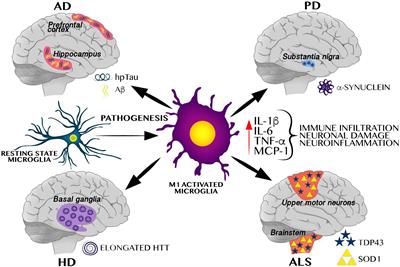
ORIGINAL RESEARCH
Published on 31 Jan 2020
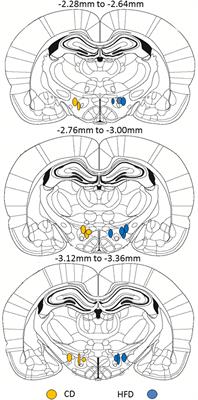
ORIGINAL RESEARCH
Published on 17 Dec 2019
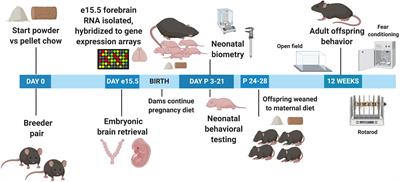
SYSTEMATIC REVIEW
Published on 25 Oct 2019
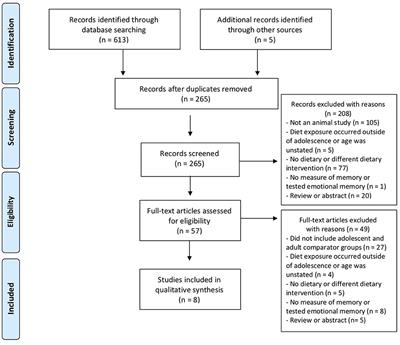
ORIGINAL RESEARCH
Published on 02 Oct 2019
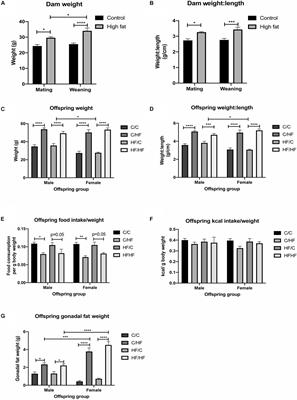
ORIGINAL RESEARCH
Published on 01 Oct 2019
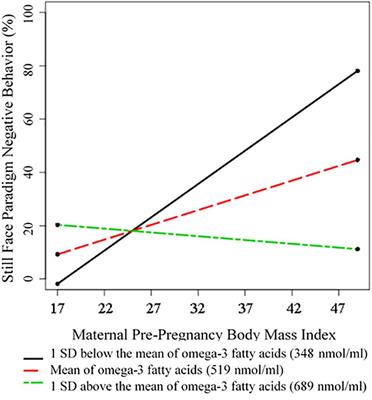
ORIGINAL RESEARCH
Published on 13 Sep 2019
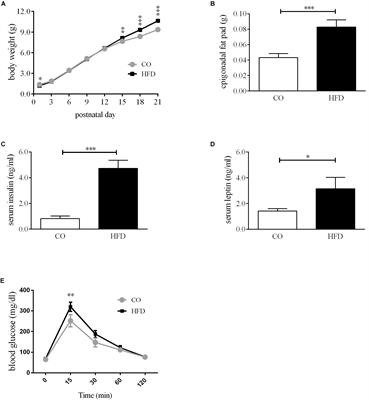
REVIEW
Published on 29 Aug 2019
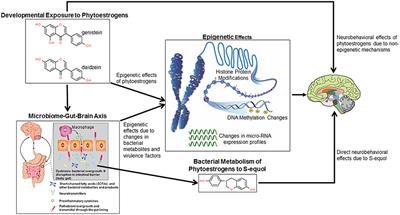
ORIGINAL RESEARCH
Published on 21 Aug 2019
